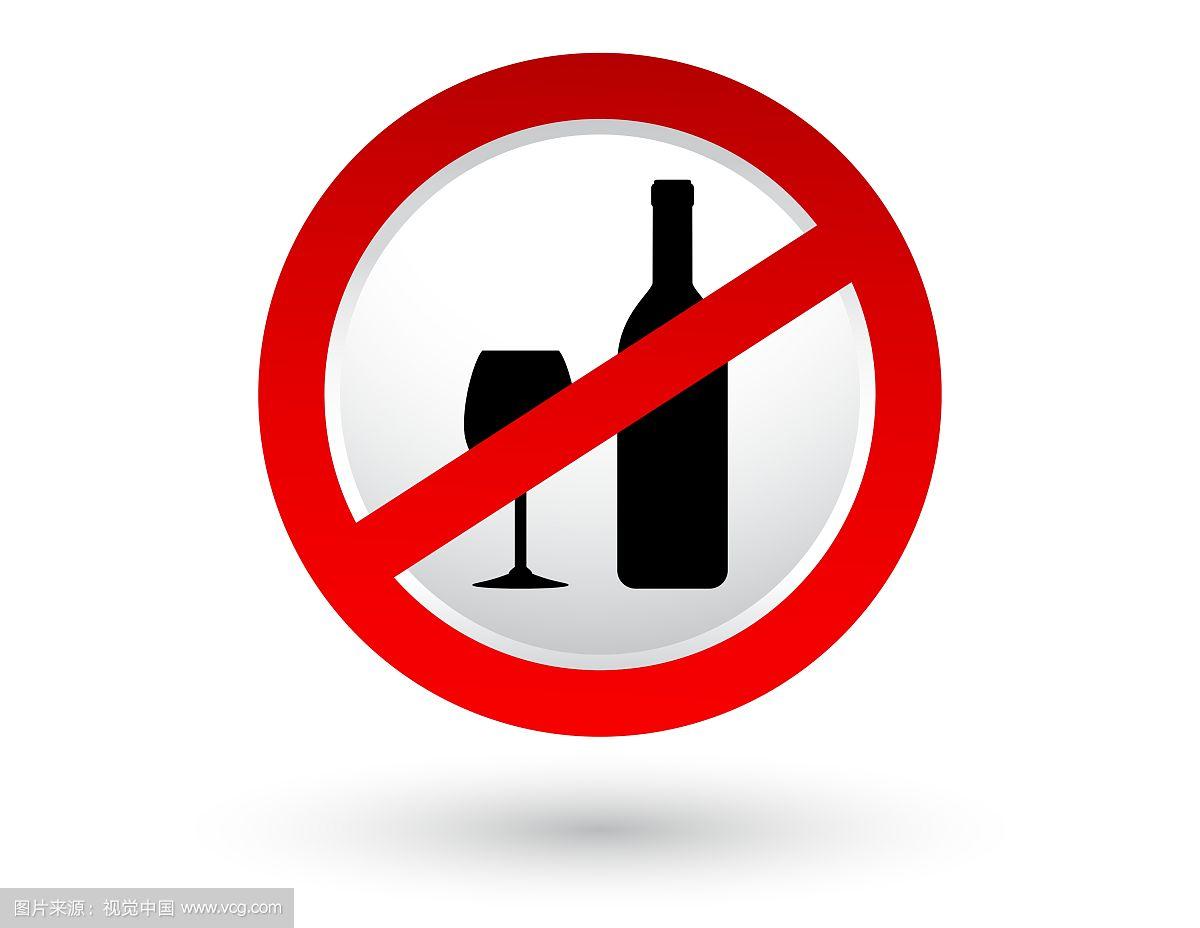The Puffy Truth: How Alcohol Causes Swollen Eyes and Why Quitting Helps You Look Awake Again
Waking up with puffy, swollen eyes after a night of drinking is an all-too-familiar experience for many. While most people attribute this to lack of sleep or dehydration, the connection between alcohol consumption and eye puffiness runs much deeper. Understanding how alcohol affects your appearance, particularly around the delicate eye area, provides powerful motivation to reconsider drinking habits.
The Science Behind Alcohol-Induced Puffiness
Alcohol is a diuretic, meaning it promotes water loss from the body. While this might seem like it would reduce swelling, the opposite occurs. When you consume alcohol, your body recognizes it as a toxin and works to eliminate it. This process requires significant amounts of water, leading to dehydration. In response, your body goes into survival mode, retaining whatever water it can to protect vital organs. This water retention often manifests most visibly in areas with thin skin, like around the eyes.
The under-eye area contains some of the body's thinnest skin, with minimal fat and numerous blood vessels. When dehydration triggers water retention, this area becomes a prime location for fluid accumulation. Additionally, alcohol causes blood vessels to dilate, increasing blood flow to the skin's surface and contributing to inflammation and swelling.
Beyond Dehydration: Additional Factors
Several other mechanisms contribute to alcohol-related eye puffiness:
Sleep Disruption: Alcohol significantly impacts sleep quality. While it may help you fall asleep faster, it disrupts the REM cycle and prevents truly restorative sleep. Poor sleep leads to reduced circulation and lymphatic drainage, causing fluids to accumulate around the eyes.
Inflammatory Response: Alcohol triggers an inflammatory response throughout the body. The release of inflammatory markers can cause swelling and redness, particularly in sensitive areas like the eyes.
Salt Retention: Many alcoholic beverages contain high sodium levels, especially mixed drinks and beer. Sodium encourages water retention, exacerbating puffiness.
Allergic Reactions: Some people have sensitivities to ingredients in alcoholic beverages, such as sulfites in wine or histamines in beer and wine. These can trigger allergic reactions that include swelling around the eyes.
The Lymphatic Connection
The lymphatic system plays a crucial role in maintaining fluid balance and removing toxins. Alcohol overwhelms this system with toxins, impairing its function. When the lymphatic system becomes sluggish, fluid drainage slows down, leading to accumulation in areas with poor circulation—like the under-eye region. This explains why even moderate drinking can result in next-day puffiness.
Long-Term Effects on Skin Health
Chronic alcohol consumption accelerates skin aging through several mechanisms:
Collagen Breakdown: Alcohol generates free radicals that damage collagen and elastin, the proteins responsible for skin's firmness and elasticity. Weakened supportive tissue makes the under-eye area more prone to sagging and swelling.
Nutrient Depletion: Alcohol interferes with the absorption of essential vitamins and antioxidants, particularly vitamins A, C, and E, which are crucial for maintaining skin health and reducing inflammation.
Liver Stress: The liver processes toxins, including alcohol. When overwhelmed, it cannot effectively filter blood, leading to toxin buildup that manifests in skin issues, including puffiness and discoloration.
The Recovery Timeline: What Happens When You Quit
The good news is that the body begins repairing alcohol's damage almost immediately after you stop drinking:
Within 24 hours: Hydration levels begin to normalize. As your body regains proper fluid balance, water retention decreases, reducing puffiness.
Within one week: Sleep quality improves significantly, allowing proper circulation and lymphatic drainage. Many people notice reduced under-eye bags and brighter-looking eyes.
Within one month: Inflammation markers decrease substantially. Skin appears less puffy and more even-toned as systemic inflammation reduces.
Within three months: Collagen production begins to recover. The skin around the eyes may appear firmer and more resilient.
After six months: Liver function significantly improves, allowing better toxin processing and nutrient absorption. The results often include reduced puffiness, fewer dark circles, and overall healthier-looking skin.
Practical Tips for Reducing Eye Puffiness While Transitioning
If you're cutting back or quitting alcohol, these strategies can help accelerate recovery:
Hydrate strategically: Drink plenty of water throughout the day, but avoid excessive water before bed to prevent morning puffiness.
Elevate your head: Sleep with an extra pillow to encourage fluid drainage away from the eye area.
Use cold compresses: Apply cool cucumber slices, chilled spoons, or cold tea bags to constrict blood vessels and reduce swelling.
Practice gentle massage: Use your ring finger to gently massage from the inner to outer corner of your eye to stimulate lymphatic drainage.
Choose anti-inflammatory foods: Incorporate foods rich in omega-3 fatty acids, antioxidants, and potassium to combat inflammation and support fluid balance.
Consider topical treatments: Products containing caffeine, vitamin K, or peptides can help constrict blood vessels and strengthen skin.
Beyond Appearance: Other Benefits of Quitting
While improved appearance provides motivation, reducing alcohol consumption offers numerous additional benefits:
Better sleep quality: Without alcohol disrupting your sleep cycles, you'll wake up feeling more rested and refreshed.

Improved mental clarity: Reduced brain fog and better concentration often follow decreased alcohol consumption.
Enhanced nutrient absorption: Your body can better utilize vitamins and minerals essential for overall health and appearance.
Hormonal balance: Alcohol can disrupt hormone levels; quitting helps restore natural balance.
Embracing a New Reflection
The connection between alcohol consumption and puffy eyes serves as a visible reminder of alcohol's impact on our entire system. While temporary solutions like cold compresses and eye creams can provide quick fixes, addressing the root cause by reducing or eliminating alcohol offers lasting benefits.
Your eyes are often called the windows to the soul—but they're also windows to your health. Choosing to quit or reduce alcohol allows those windows to show a brighter, more awake, and healthier version of yourself. The transformation often extends beyond physical appearance, bringing increased energy, better mood, and overall improved quality of life.
Remember that changes take time and consistency. Be patient with your body as it recalibrates and repairs itself. Each alcohol-free day contributes to reduced inflammation, better hydration, and ultimately, eyes that look—and feel—truly awake.




发表评论